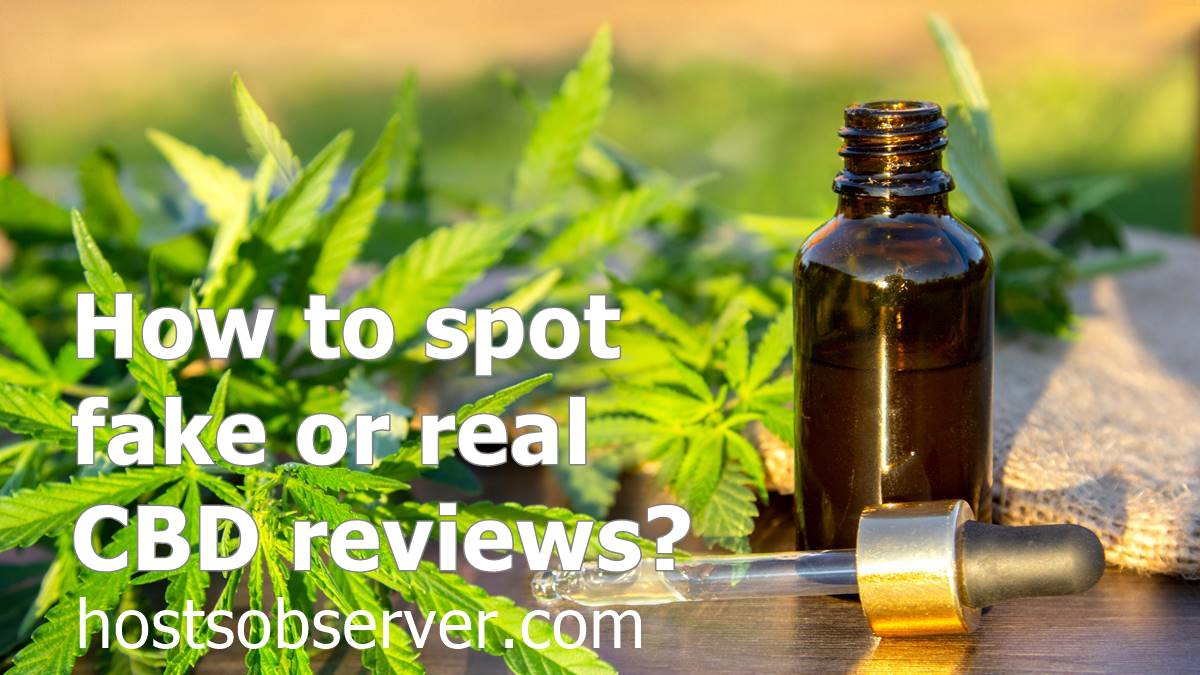Can CBD Oil Help Alcohol Addiction
Can CBD Oil be Medical Treatment? CBD oil is a medical treatment that is derived from the CBD plant. CBD is not psychoactive and has not been shown to have addictive properties. CBD is an essential oil extracted from the cannabis plant or cannabis sativa or cannabis conversely the exact identical plants which, when dry, produce CBD oil. Some believe CBD oil can be used to treat certain diseases, reduce stress, and stimulate appetite, similar to marijuana, but without any known psychoactive ingredients. Others believe CBD is effective as a medicinal treatment for ailments such as depression, epilepsy, cancer, muscle spasms, multiple sclerosis, and other chronic health disorders or conditions which affect neurotransmitter functions within the central nervous system and/or affect brain function.
What are CBD Oil and How Does it Work? We wrote an article titled "CBD Oil: Can it be Used as a Medical Treatment?". This article covered a study by the University of Glasgow, England. This study compared CBD with three placebo options that were created in clinical studies. CBD may be able to relieve chronic pain in certain patients, according to the study. These painful conditions may be treated with CBD, according to seven out of eight subjects.
Can CBD Oil usa be used in medical applications? CBD Oil can be used to treat nausea and vomiting in patients who have had chemotherapy. Both adults and children under the age of 18 were included in the research; half of the subject pool consisted of patients who were diagnosed with cancer, while the other half was comprised of patients who were diagnosed with nausea due to common gastro-intestinal disorders such as irritable bowel syndrome or abdominal bloating, along with patients taking prescribed medications for these disorders. Patients who took CBN had lower levels of CBD than those who were diagnosed with cancer.
Why is CBD Oil So Important If it Isn't Medical Marijuana? CBD is the main ingredient of hemp, which is today the most popular source for CBD. CBD is broken down through a complex process that involves several chemical derivatives to obtain hemp oil extracts. THC is, however, a simpler compound to produce through a process called Hydrolysis. This involves lower temperatures and lower pressure. Most CBD and THC products are obtained through the simple process of dehydration via means of cold compression or steam distillation.
Health Benefits?
Many believe CBD is less harmful than THC because CBD is devoid of the plant's "anxiety-producing" and "psychoactive" compounds. However, the efficacy of CBD has not been established in any study, nor has the amount of research performed on the subject. Like other pharmaceuticals, CBD's health benefits may not be due to luck. CBD is also found in non-organic cannabis. However, CBD has fewer psychoactive components than THC. Regardless, of whether CBD is truly less harmful than THC, the health benefits of these two oils are clear.
In short, CBD may be less toxic than THC and therefore poses fewer health risks when consumed by adults. However, the long-term use of CBD may have some serious side effects on the body that can lead to addiction and the deterioration of other organs. As more research is conducted about the health benefits of CBD, we will have a better idea of which type of CBD would be safest to consume. The FDA approves only a combination CBD and THCA (Trifluoperazine), for treating schizophrenia patients. Other compounds have been created that offer promising promise for treating CBD-induced psychosis. They can also be used to treat anxiety, depression, anxiety, and tremors.


